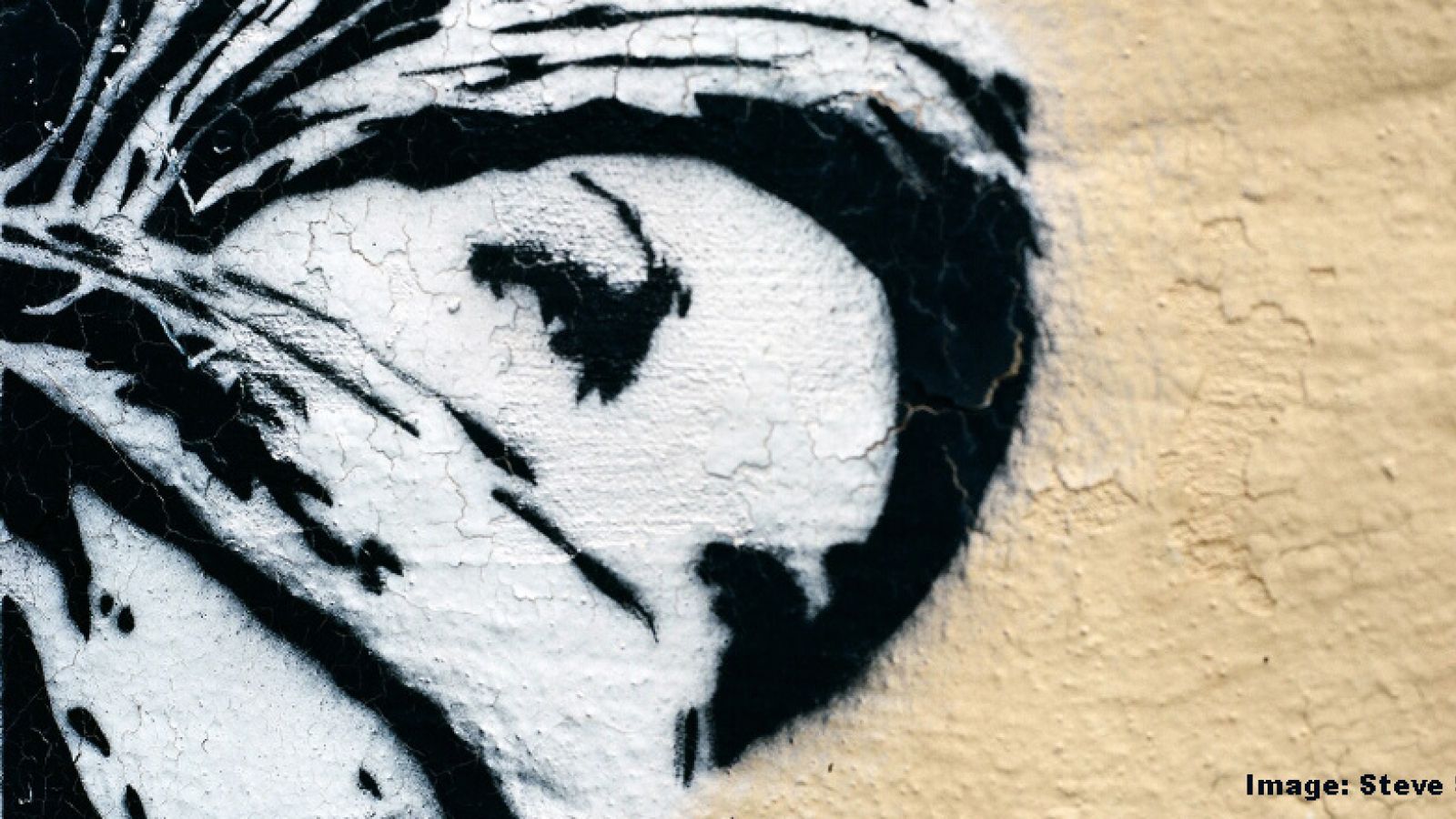The rise of women in extremist jihad

Image courtesy Steve Snodgrass on flickr.
A leading Australian scholar believes more needs to be done to address the increasing problem of young women being drawn to violent extremist groups, playing key roles in jihadi education, recruitment and the organisation of terror attacks.
Dr Raihan Ismail of The Australian National University (ANU) Centre for Arab and Islamic Studies said since the rise of the so called IS (Islamic State) in 2014 women have had a growing influence within radical Islam.
"Governments are more alert and are preventing people from traveling to Raqqa and Mosul. This means you are going to see more lone-wolf attacks, and women can play an important role in organising such events," said Dr Ismail.
"When female jihadists move to Syria they are expected to produce and teach the children. This is important to ISIS, to produce new generations of jihadists," she said.
"When it comes to recruitment, ISIS is very clever, it knows how to appeal to women. It finds women who speak a similar language to a potential recruit.
"If you're an American they find another American based in Raqqa to talk you into coming to Syria."
Dr Vanessa Newby of the ANU Coral Bell School said that while the media often portrays young women from the West as being naively drawn to Syria as a bit of an adventure, the reality is far more complex.
"They can often be dealing with identity crisis," Dr Newby said.
"For second or third generation Muslims in the West it's a very hard path to walk if you're a woman. On the one hand your parents will want you to have a traditional marriage, but on the other you're hanging out with your friends at school who don't have these restrictions.
"At some point you have to make a choice. For very young women who are struggling with that issue the idea of a simple answer that is true to their religion makes it easier to make a decision.
"They can say they've picked a side."
Both scholars agreed that it was disappointing that the debate in Australia had moved from dealing with violent extremism towards blaming Islam.
"At the moment when we look at what people say about Muslims in this country, we have moved away from talking about violent extremism and now we blame Islam," Dr Ismail said.
"We are losing sight of what the real problem is. We want to bring the debate back to violent extremism," she said.
Dr Ismail and Dr Newby will both be speaking at the Women and Violent Extremism: Myth and Reality conference at the ANU on Friday. More details are here.
Learn more about our Arab and Islamic Studies (Middle East and Central Asia) study options at ANU Open Day on 27 August.
File attachments
| Attachment | Size |
|---|---|
| Women%20and%20violent%20extremism-%202%20page%20program.pdf(195.29 KB) | 195.29 KB |
